Researcher Spotlight #7: Dr. Michael Cormier
Yes, that’s right! Time for another Spotlight post! This week, we present Dr. Michael Cormier, Researcher at the CEMVC.
Since 2018, Dr. Cormier has been an Assistant Professor at Mount Allison University in the Department of Mathematics and Computer Science. He holds a BSc from St. Francis Xavier University (2011) and a MMath (2013) and PhD (2018) from the University of Waterloo.
Dr. Cormier has many research interests. For example, he is working on methods for incorporating probabilistic reasoning into convolutional neural network models, as well as the identification of media and methods in printed illustrations. His main areas look to computer vision and machine learning. In particular, Dr. Cormier is interested in researching the types of images that have been under-explored in computer vision research. These images include illustrations, artwork, and web pages. We are certain that Dr. Cormier will continue to produce innovative work!
For now, here’s a little more on Dr. Cormier:
Q: What is your favourite aspect of the CEMVC?
A: The mandate of the CEMVC cuts across traditional fields of study in a way that I think is very valuable. Building a diverse collection focused on visual culture for study from a wide variety of perspectives and making that collection accessible through rich metadata is really a great way to enable new sorts of collaborative research.
Q: Do you believe the intersection of the humanities and visual culture with the computer science world will create more opportunities for research? If so, how?
A: Absolutely! I’ve found that creative new directions for research often arise from interactions between disciplines. I think this sort of interdisciplinary work forces computer scientists to reexamine our assumptions about the problems we already study and gives us the opportunity to consider new problems that we hadn’t realized were out there. From another point of view, computational tools can allow new sorts of research into the humanities that wouldn’t be feasible to do by hand, especially when working with very large datasets. Looking further ahead, I think that over time working with things that people have created, based on the way humans see the world, will help us to understand some of the things that humans do naturally but machines struggle with.
Q: How has your time at Mount Allison University helped you grow as a researcher?
A: Mount Allison is a great place to meet people from a wide range of areas of study and academic backgrounds. I think there is a strong institutional culture of interdisciplinary work, and not just in research but in teaching as well. In my time here I have had a great opportunity to explore new perspectives on the sort of work I did as a graduate student, and develop new directions for my research program.
Bonus Q: What is your fave summer treat?
A: Fresh berries, cherries, and plums!

